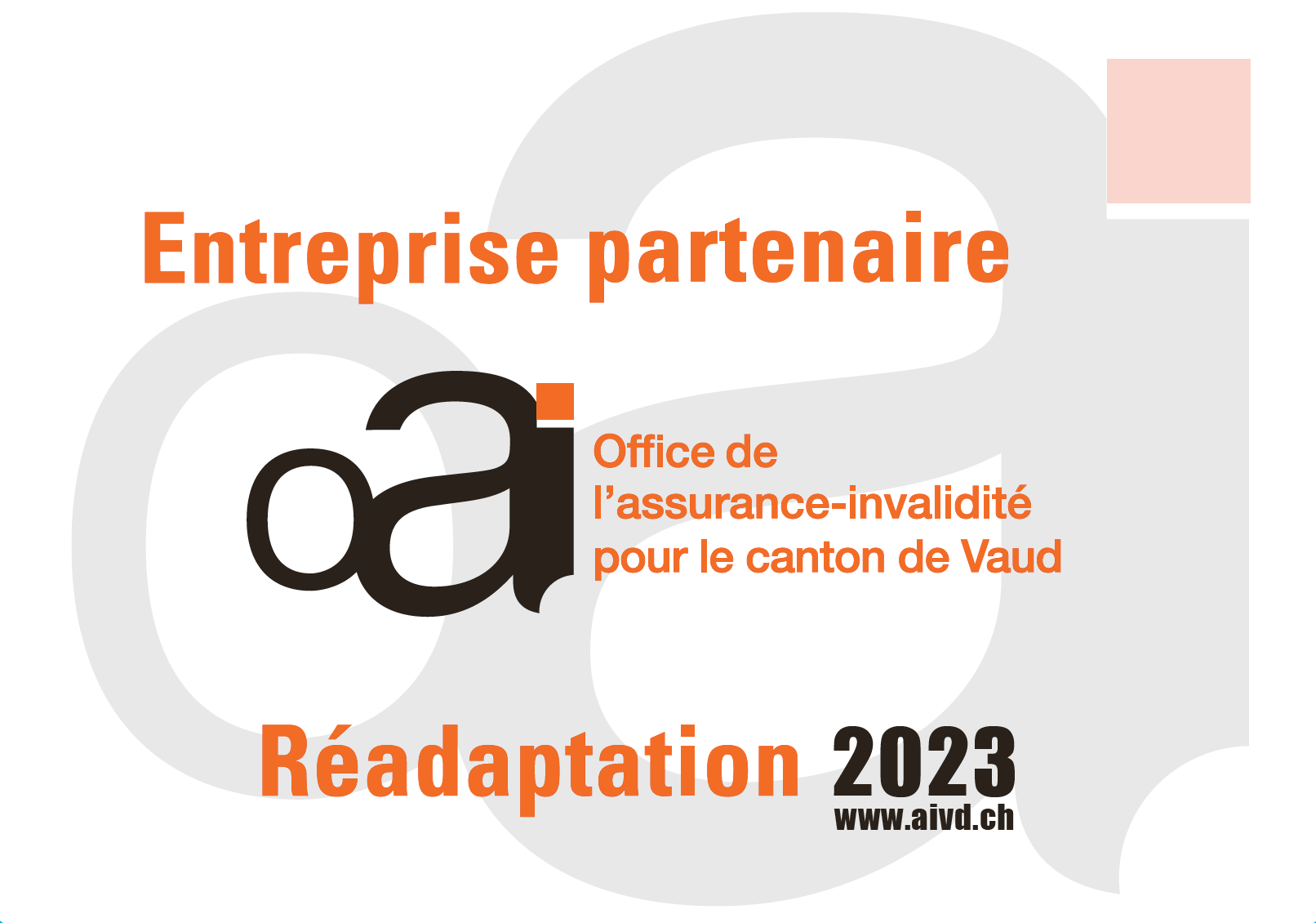The Covid-19 pandemic has delivered unusual stock market volatility. Recent headlines like “Risk tolerance drops as investors sell down” or “Has the coronavirus revealed a client’s real risk tolerance?” may lead a client to think risk tolerance changes with market conditions, but a properly measured tolerance for financial risk is a long-term quality not intended to be impacted by short-term events. So, does investors’ risk tolerance change under volatile market conditions or is some other factor at play?
Data from the FinaMetrica (a renowned risk profiling platform) spanning different market conditions over time, demonstrates remarkable consistency in the average scores. Consistency is a good thing. If a client’s risk tolerance changed every time they came to an advisor’s office (or joined them on a Zoom call) it would be very difficult to give consistent defensible advice.
A client’s risk tolerance is how emotionally comfortable they are with taking risk. Imagine a continuum from reducing risk to avoid unfavourable outcomes up to embracing risk to achieve higher returns—where a client sits along that continuum is your risk tolerance. Risk tolerance is a psychological trait, a distinguishing characteristic that makes each person different, much the same way I could be on a scale somewhere between introverted and extroverted.
Like other psychological traits, risk tolerance tends to be stable over time and market conditions. Most people do not change from being an introvert one day to an extrovert the next, nor does their risk tolerance change. Not all questionnaires that claim to measure a client’s risk tolerance are created equal. Psychometrics—the marriage of psychology and statistics, provides standards for evaluating tests, sorting the good from the bad. A good test should be both valid—measures what it purports to measure, and reliable—measure consistently over time with accuracy.
FinaMetrica published data built on more than 1.2 million risk tolerance tests globally from January 2008 through to April 2020, spanning the Global Financial Crisis (GFC) of 2008 to the boom leading up to the current Covid-19 crash. Risk tolerance, globally and across the major markets of Australia and New Zealand, United Kingdom and United States, stays at an average of around 50 (on a scale of 1 to 100). Sure, there is some variation, but not in magnitude nor very correlated to market movements. Interestingly, because FinaMetrica has had thousands of the same clients take the test both before and after a crisis, researchers have confirmed this consistency is not only on average but that individuals largely test the same after a crisis as before.
A risk tolerance test that follows short term market volatility is dangerous for clients and advisors. If a poorly constructed test was applied during bull markets and it made people look more aggressive than they really are, when a downturn comes, they might panic sell and crystalize losses. Conversely, if a faulty test were applied during a down market and it indicated people are more risk averse than they truly are, their advisor could invest them more conservatively than they should, and returns could be unnecessarily sacrificed. Poor risk tolerance tests correlated to the market are also challenging for financial planning professionals and their firms, who must satisfy regulators that the tool they are using is fit for purpose. This is hard to do if the results change every time the client is tested.
So why do many advisors believe a client’s behaviour changes in a downturn and that they become more risk averse? Or why do so many clients do the wrong thing, panic and sell more equities in a market crash if risk tolerance is stable? Maybe it is not the client’s risk tolerance that has changed (as indicated by the FinaMetrica data) but the perception of risk in the marketplace. Clients might be quite willing to live with a 30% drop in their portfolio value but when CNN tells them this crisis could lead to the next Great Depression, no wonder they can become scared!
COVID-19 has brought a market shock and there will be others to come. Advisors who have performed a valid risk profile for their clients (and as we discussed many clients have not completed a proper risk assessment) find that clients are more likely to stay the course. In all cases advisors can and should provide an important role helping clients manage uncertainty to deal with the fear generated in the media, through proper guidance and education. If assessed properly, risk tolerance will be a stable factor in any financial planning conversation, steering the focus towards long term risk and return expectations; restraining excitement during upturns and dispelling unnecessary fears during downturns.







